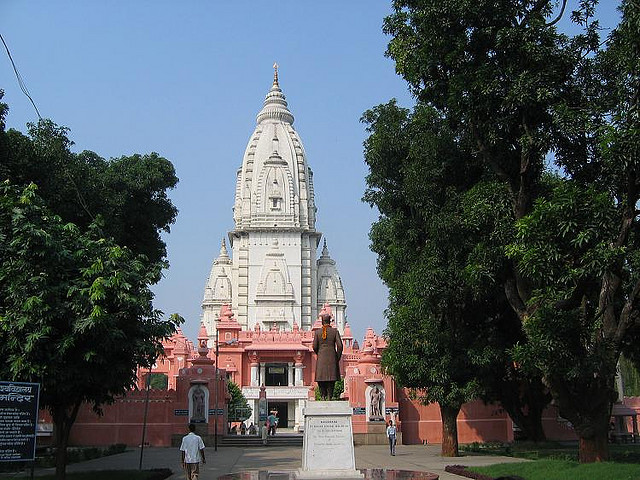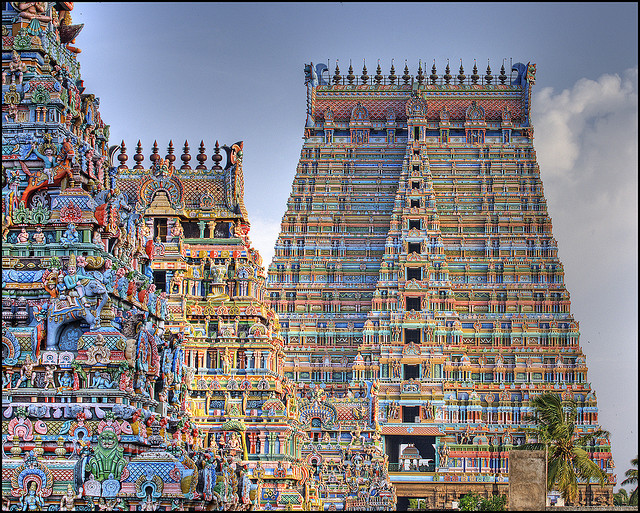Most people are not prepared for India.
No amount of reading, interviewing, or cultural training can really get you ready for working and living in India.
If you choose to dive in deeply, you will see the world from a brand new perspective. You will gain knowledge and experiences you could never get from any other place.
But you are also subject to feeling like you are just running from one “emergency” to another, constantly putting out fires. You may start to become entangled in the daily power struggles at work, or amongst your househelp. You may feel like most of your job has become apologizing for offending someone and can’t figure out why everyone seems so sensitive.
You could use some help. Not a solution for every problem, but a way to make sense of it all. An introduction to the new rules of this foreign land.
Enter How to Avoid Dying in India.





